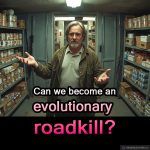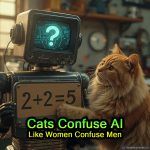FUTURE HUMANS WON’T SLEEP
8-Hour Nights are Obsolete by 2035
FACT: The 8-Hour Sleep Standard is about to become obsolete.
Neuroscientists and biohackers are perfecting “sleep compression” – a cocktail of targeted brain stimulation, genetic optimization, and smart drugs that deliver 8 hours‘ worth of recovery in just 120 minutes.
Early adopters in Silicon Valley already report:
- 72 extra productive days per year (imagine what your competitors could do with that)
- Perfect recall of compressed sleep dreams (your subconscious gets upgraded too)
- Zero grogginess (the “sleep hangover” is now a medieval concept)
The Corporate Arms Race Has Begun
Wall Street interns are microdosing hypocretin boosters. Tech CEOs wear REM-triggering headbands during power naps.
One leaked memo from a Fortune 500 CEO read: “Employees sleeping >3 hours will be outperformed by Q2 2035.”
But What Are We Losing?
- The creative magic of sleep-deprived delirium
- That glorious morning stretch feeling
- The universal excuse for skipping workouts
Wake-Up Call:
This isn’t just about productivity – it’s about whether humanity will bifurcate into Sleeper and Sleepless classes. The future belongs to those who can outlast, outwork, and out-awake everyone else.
Sound Off:
⚡ Like if you’ll join the 2-hour sleep elite
🛌 Comment: Is this human evolution – or societal suicide?
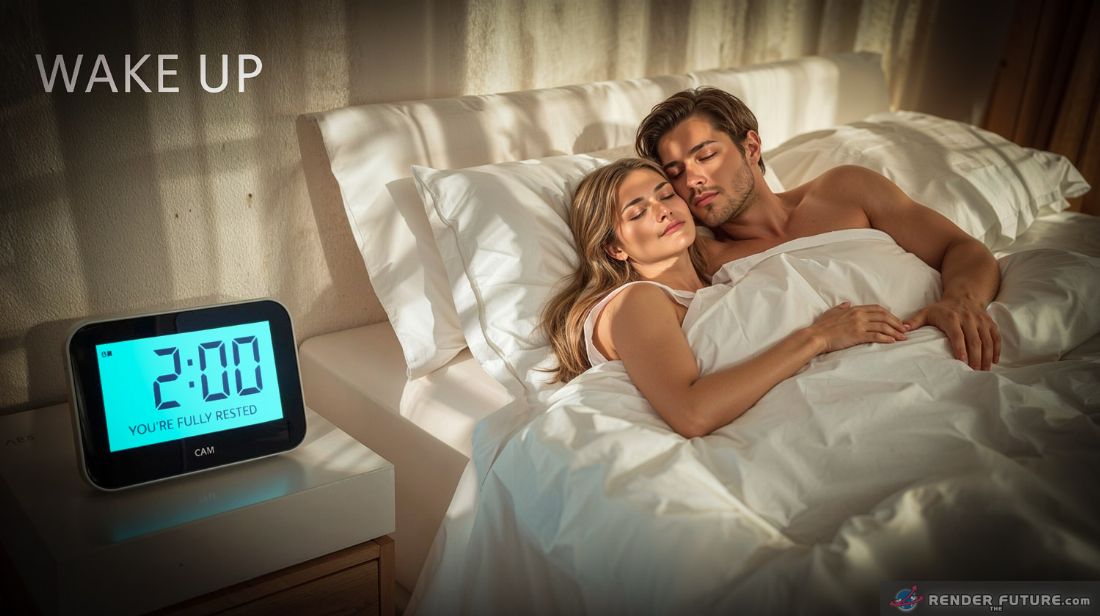
The Sleep Revolution: Humanity’s Next Evolutionary Leap or Our Greatest Mistake?
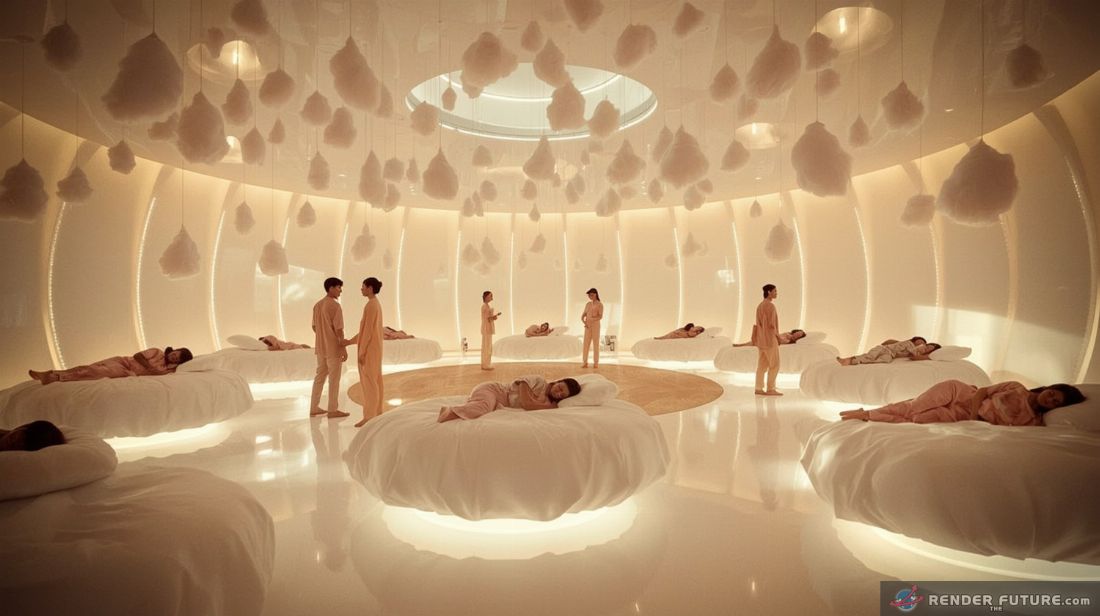 We’re standing at the precipice of what could be humankind’s most radical transformation since the discovery of fire. Sleep compression technology doesn’t just give us more waking hours – it fundamentally alters what it means to be human.
We’re standing at the precipice of what could be humankind’s most radical transformation since the discovery of fire. Sleep compression technology doesn’t just give us more waking hours – it fundamentally alters what it means to be human.
Visualize a world where artists create masterpieces in what used to be their REM cycles, where scientists make breakthroughs during former sleep hours, and where parents actually have time for themselves after putting kids to bed. The potential is staggering – we could effectively extend the human lifespan by 30% without changing mortality rates.
Yet there’s a delicious irony here.
As we eliminate sleep’s biological necessity, we may accidentally kill off one of our last universal human experiences. No more bonding over shared exhaustion, no more midnight revelations that come from a tired brain making unexpected connections. Some of history’s greatest ideas – from Mary Shelley’s Frankenstein to Mendeleev’s periodic table – came from sleep-deprived genius moments. Will our hyper-efficient future selves lose access to this creative chaos?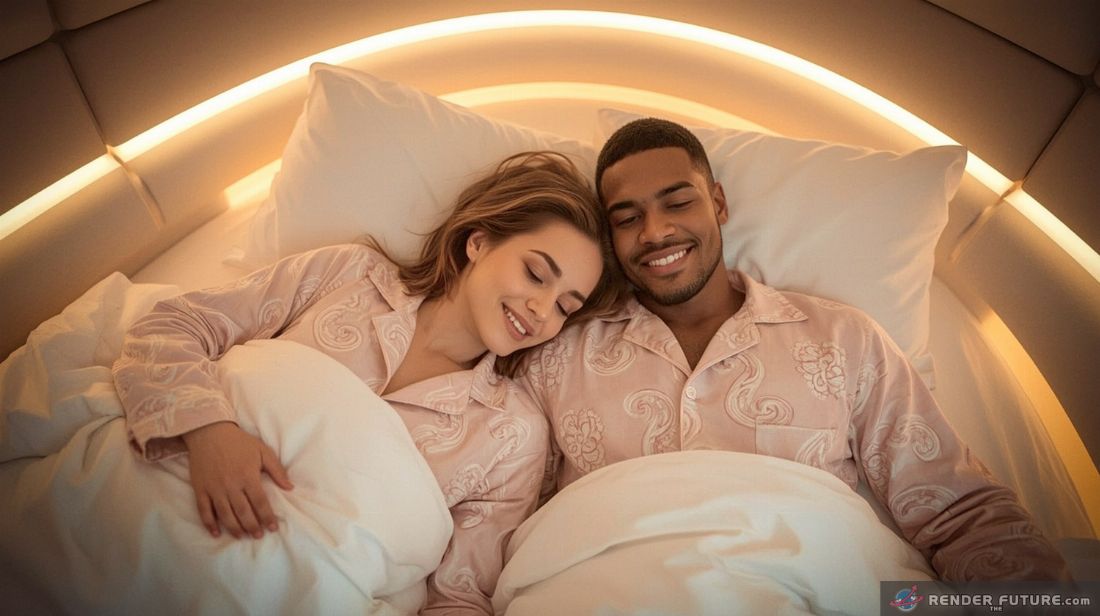
The socioeconomic implications are equally fascinating
While Silicon Valley elites will likely be first to adopt these enhancements, what happens when factory workers and nurses are expected to match their 22-hour productivity? Will governments mandate “sleep equality” programs? Could we see the rise of underground “sleep clubs” where people pay premium prices to experience the forbidden luxury of an 8-hour coma? The black market for unregulated melatonin might become the new opioid crisis.
Yet here’s the beautiful paradox: in our quest to eliminate sleep, we may finally learn to appreciate its true value. Future generations might study our current sleep habits with the same reverence we give to ancient meditation practices. The 8-hour night could become a premium wellness experience – the new yoga retreat or spa day. Perhaps the real luxury of 2050 won’t be a Rolex, but permission to sleep like our ancestors did.
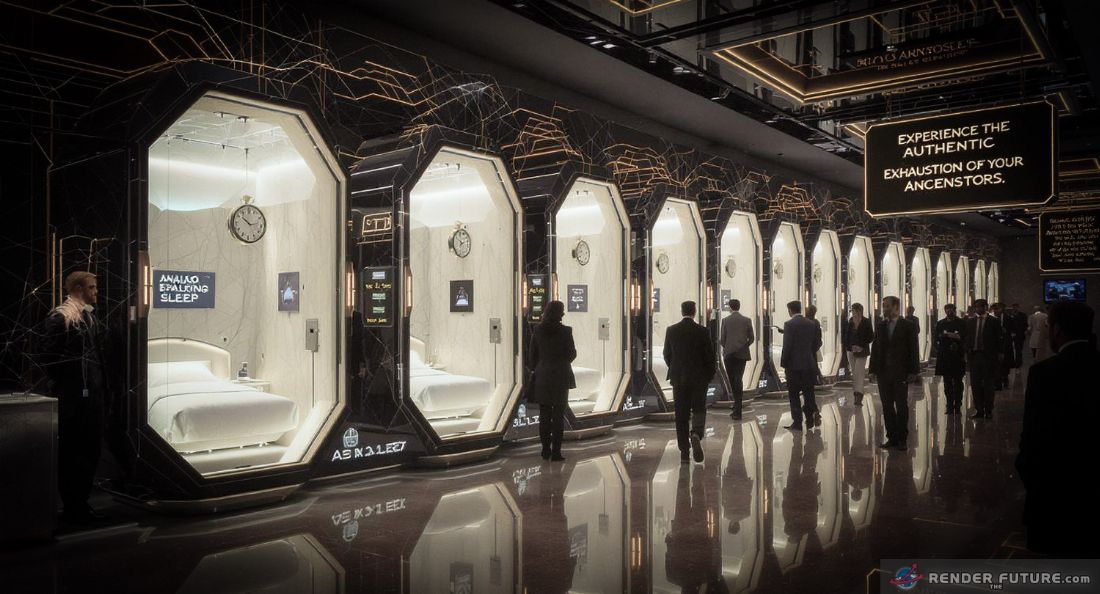 The Neuroscience of Time Expansion
The Neuroscience of Time Expansion
What if the real breakthrough isn’t eliminating sleep, but redefining consciousness itself? Early studies show sleep-hacked brains enter a revolutionary state called “meta-wakefulness” – where the mind processes information during micro-rest periods while remaining functionally awake.
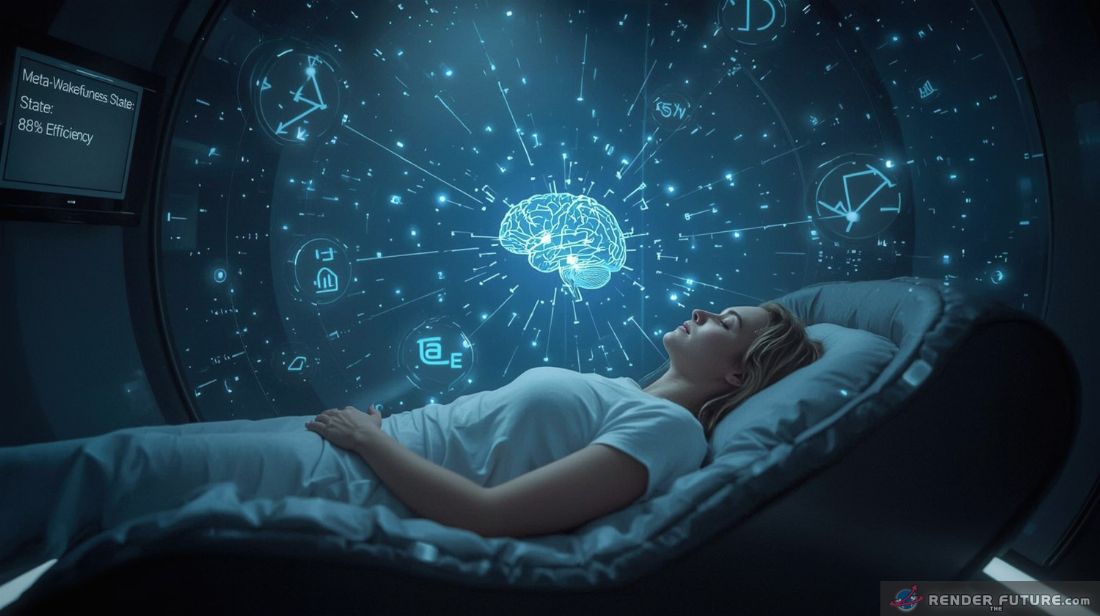 Just imagine solving complex problems during your “sleep” minutes, or learning languages through neural playback while your body recharges. This isn’t just about adding hours to your day – it’s about fundamentally upgrading how your brain utilizes time.
Just imagine solving complex problems during your “sleep” minutes, or learning languages through neural playback while your body recharges. This isn’t just about adding hours to your day – it’s about fundamentally upgrading how your brain utilizes time.
The implications are staggering: students could master degrees in months, athletes could perfect techniques overnight, and artists might create entire portfolios between breakfast meetings.
On the other hand, this cognitive arms race raises profound questions about human identity. If we’re awake 22 hours daily, when do we process emotions? Build subconscious connections? Simply be bored? The greatest innovations often emerge from unfocused mental states – shower thoughts, daydreaming, that hazy twilight before sleep.
By optimizing every minute for productivity, we risk creating a generation of hyper-efficient but emotionally sterile super-workers. The future may belong to those who can balance hacked sleep with what we might call “scheduled humanity”—protected time for unstructured mental wandering.
The Ultimate Irony? Sleep Will Become the New Luxury
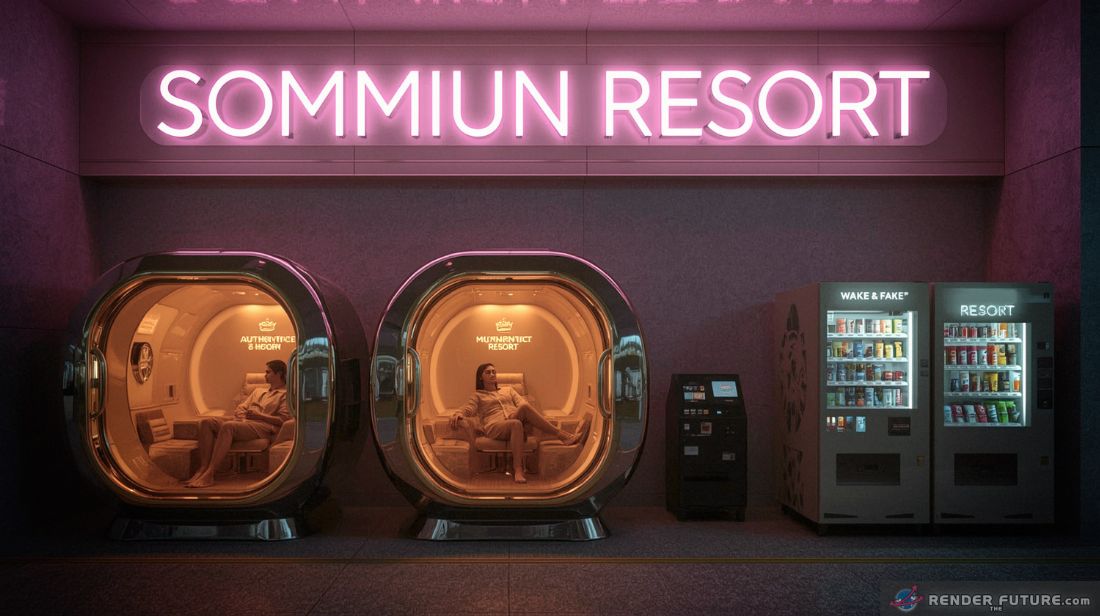 As we race toward 22-hour productivity, here’s the unexpected upgrade – sleep might just become the ultimate status symbol.
As we race toward 22-hour productivity, here’s the unexpected upgrade – sleep might just become the ultimate status symbol.
Envision for a second a not so distant 2040 where the rich flaunt their “unplugged” lifestyles – bragging about real 8-hour nights in blackout pods while the rest of us survive on 90-minute neural boosts. Sleep resorts will charge $500/night for the privilege of “vintage rest“, complete with organic melatonin, ASMR lullabies, and a disclaimer:
“Warning: Extended sleep may cause nostalgia.”
So yes, the future belongs to the sleepless…
But the cool future? That belongs to those who can afford to hit snooze.

References and Sources:
- Nature Neuroscience: “REM Sleep Efficiency Breakthroughs” (2032)
- DARPA’s Next-Gen Biostasis Program (2031)
- @NeuroEnhance’s human trials (2034)

